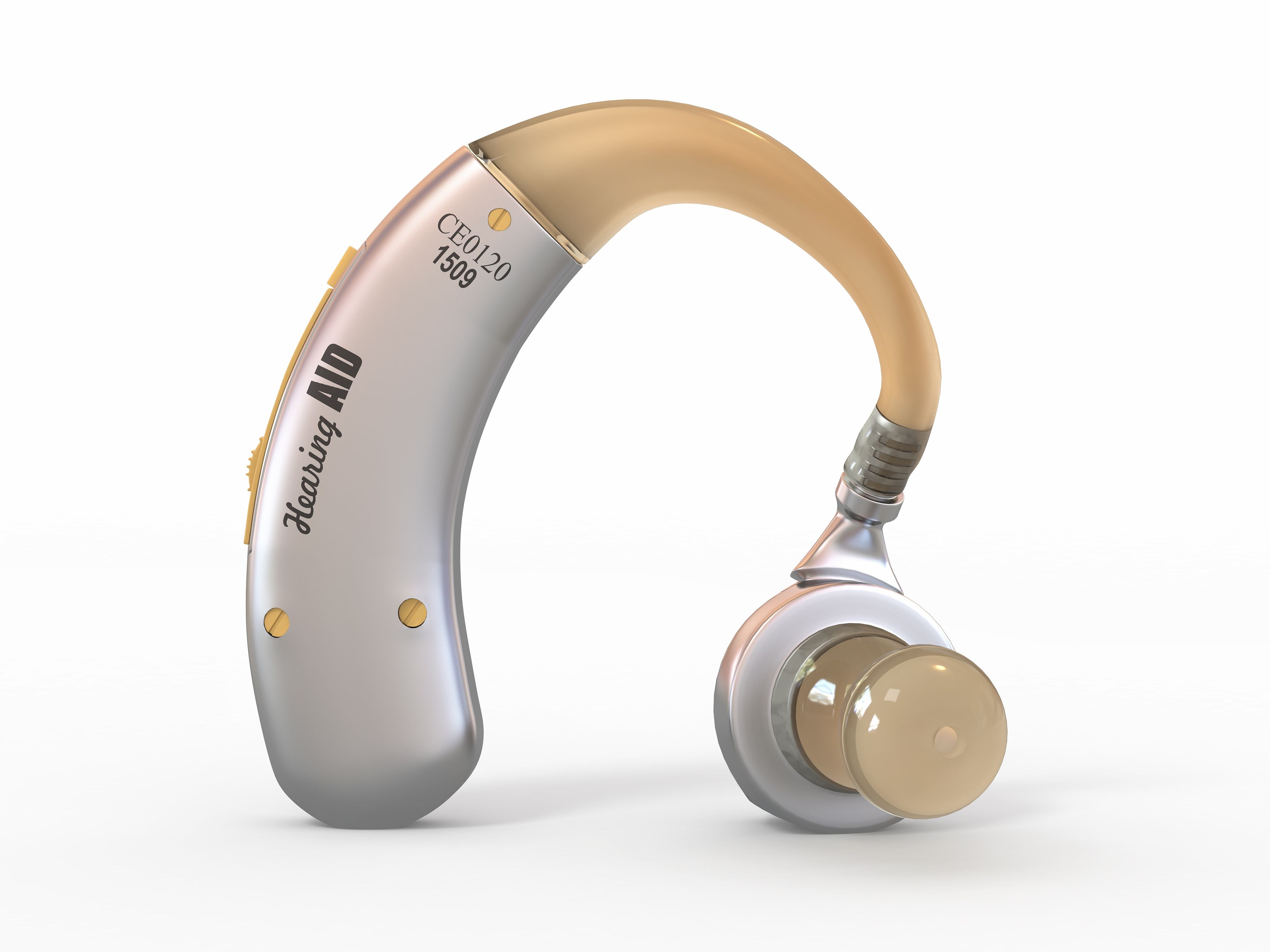From the wonderful melodies of chirping songbirds to the refreshing appeal of a child’s laughter, there are a seemingly infinite number of pleasing sounds in our world. But as we get older, our five senses begin to worsen and degrade, and this is particularly true with regard to our hearing. As a result, many people opt for medicines, minor procedures, and even surgeries in an effort to bridge this inevitable gap. However, due to the fact that our hearing is usually the first sense to go, it’s important to note that augmenting your hearing capabilities is fairly easy to do. With some help from a modern audiologist, you can continue experiencing all of the sounds that bring joy and color to your world. This article will detail the history of audiology and how it can help you today.
How Did Audiology Come to Be?
Back in the 1920s, the first audiometers were created in an effort to gauge, assess, and learn about human hearing. The early research was very primitive and mostly exploratory in nature. However, as soldiers returned from World War II with noise-induced hearing loss, people began to take audiology to the next level and the audiologist profession came about during the 1940s. As the field started receiving government funding and colleges began to include it within curricula across the country, it wasn’t long before hearing loss solutions began to gain some serious steam. Fast-forward to the present day and the field of audiology is a booming medical industry. From basic hearing aids and directional microphones to cochlear implants and telephone switches, today’s hearing-loss solutions are truly marvels of the modern age.
How Can Audiology Help You?
Regardless of the extent of your hearing loss, there are many different modern techniques that can improve upon this all-too-important sense. If you schedule an appointment with a reputable audiologist in Knoxville, TN, you’ll quickly see that these medical professionals are essentially miracle workers. The on-site professionals will conduct an exhaustive evaluation of your current hearing capabilities and then create a comprehensive personalized plan to resolve any issues or shortcomings. Rather than struggling with poor hearing, you should visit Audiolife Hearing or one of the other reputable audiologist offices in your area as soon as possible.
